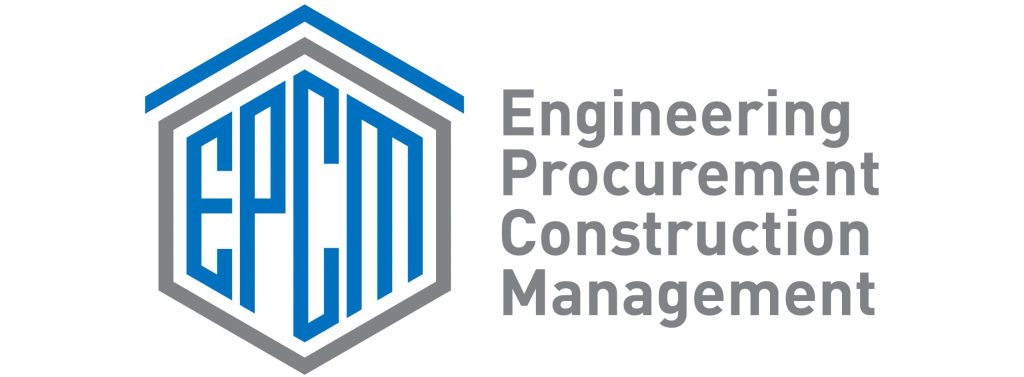As the world transitions toward a low-carbon future, the oil and gas industry faces increasing pressure to reduce emissions and align with net-zero targets. Engineering, Procurement, and Construction (EPC) services play a pivotal role in enabling this shift by delivering innovative carbon capture solutions and sustainable energy projects. For Canadian energy leaders, leveraging EPC expertise is critical to meeting ESG commitments while maintaining operational efficiency.
In this article, we explore how EPC services drive carbon capture initiatives, support net-zero objectives, and position Canada as a leader in clean energy innovation—with insights into how SEEDA is shaping the future of sustainable energy projects in Alberta and beyond.
Understanding EPC in Oil & Gas
What is EPC?
EPC stands for Engineering, Procurement, and Construction, a project delivery model where a single firm manages all phases of a project—from design and material sourcing to execution and commissioning. In the oil and gas sector, EPC firms specialize in large-scale infrastructure, including carbon capture, utilization, and storage (CCUS) systems, hydrogen production facilities, and emissions-reducing retrofits.
Why EPC Services Matter for Net-Zero Goals
The EPC oil and gas Canada sector is uniquely positioned to accelerate decarbonization through:
- Integrated project management – Streamlining carbon capture engineering in Canada from concept to completion.
- Advanced procurement strategies – Sourcing sustainable materials and technologies.
- Efficient construction – Minimizing delays and cost overruns in complex energy projects.
By adopting EPC project management oil gas best practices, companies can fast-track emission reduction initiatives while maintaining profitability.
The Role of EPC in Carbon Capture & Sustainable Energy Projects
1. Designing Carbon Capture Infrastructure
Carbon capture engineering in Canada is a cornerstone of federal and provincial climate strategies. EPC firms design and deploy CCUS systems that capture CO₂ emissions from industrial processes and either store them underground or repurpose them for enhanced oil recovery (EOR).
Key applications include:
- Post-combustion capture – Retrofitting existing facilities with CO₂ scrubbers.
- Pre-combustion capture – Converting hydrocarbons into hydrogen while isolating CO₂.
- Direct air capture (DAC) – Emerging tech supported by EPC services North America to remove CO₂ directly from the atmosphere.
2. Optimizing Oil Sands Operations
Alberta’s oil sands are a major focus for emissions reduction. Oil sands EPC firms integrate solutions such as:
- Electrification of extraction processes – Replacing gas-powered systems with renewable energy.
- Modular construction – Reducing on-site emissions through prefabricated components.
- Methane leak detection & repair – Implementing advanced monitoring systems.
3. Enabling Hydrogen & Renewable Energy Integration
Beyond carbon capture, EPC in the oil and gas industry is driving hydrogen hub development and renewable energy hybridization. Projects include:
- Blue hydrogen plants – Pairing natural gas reforming with CCUS.
- Offshore wind-powered platforms – Reducing reliance on diesel generators.
- Geothermal co-production – Leveraging abandoned wells for clean energy.
How SEEDA is Advancing Canada’s Clean Energy Future
As a leader in EPC services Canada, SEEDA combines innovative engineering with sustainable project execution to help clients achieve net-zero targets. Our contributions include:
Innovative Carbon Capture Solutions
- Designing scalable CCUS systems tailored to Canada’s industrial landscape.
- Partnering with technology providers to pilot next-gen capture methods.
Efficient EPC Project Delivery
- Applying EPCM project (Engineering, Procurement, and Construction Management) principles to reduce risks and costs.
- Utilizing digital twins and AI-driven simulations for optimized performance.
The Future of EPC in a Net-Zero World
The EPC industry is evolving to meet decarbonization demands, with trends such as:
✔ Modular & prefabricated construction – Cutting emissions and timelines.
✔ Digital EPC – Using IoT and big data for smarter project management.
✔ Circular economy integration – Repurposing retired assets for new energy projects.
For oil and gas companies, selecting the right EPC firm ensures compliance, cost efficiency, and long-term sustainability.
EPC services are the backbone of carbon capture and net-zero initiatives in Canada’s energy sector. By leveraging expertise in EPC engineering procurement construction, companies can deploy cutting-edge solutions that balance environmental responsibility with operational success.
At SEEDA, we’re proud to drive this transformation through innovative design, strategic partnerships, and a commitment to Canada’s clean energy future.
Interested in learning how EPC can accelerate your net-zero strategy? Connect with us to explore sustainable project solutions.

